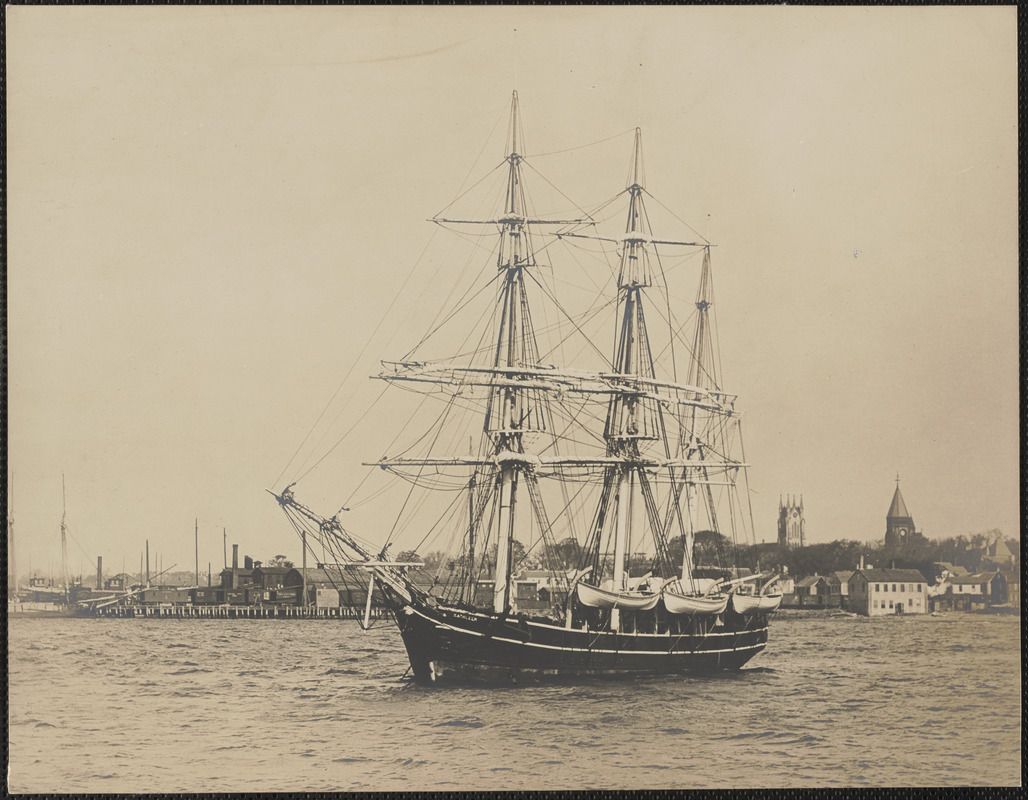Guest Lecture | Jeannette E. Jones (Nebraska) Microhistory & the US in the World: The Case of Dr. B. F. Wilson, 1865–1920
Join us for a talk by ScienceCampus and REAF visiting professor Jeannette E. Jones talk on Dr. Benjamin Franklin Wilson's extraordinary journey from Civil War surgeon to expatriate Indian Ocean plantation owner. She highlights the hidden narratives of U.S. power and mobility in the New Imperialism period through a microhistorical approach.
When? 17:00, Wednesday, 3 July
Where? Room S. 214, Sammelgebäude, UR
Jeannette Eileen Jones is the Carl A. Happold Associate Professor of History and Ethnic Studies at the University of Nebraska-Lincoln. She is a historian of the United States, with expertise in American cultural and intellectual history, African American Studies, Pre-colonial African history, and digital humanities. She is the author of In Search of Brightest Africa: Reimagining the Dark Continent in American Culture, 1884–1936 (Athens, Georgia: The University of Georgia Press, 2010). She is currently working on her second monograph, America in Africa: U.S. Empire, Race, and the African Question, 1821–1919, which is under advanced contract with Yale University Press. She has published numerous scholarly journal articles, essays, and book chapters. She is Co-PI on the digital project To Enter Africa from America: The United States, Africa, and the New Imperialism, 1862–1919 and Co-PI the Mellon Foundation funded project The US Law and Race Initiative.
She is visiting professor at the ScienceCampus and REAF in June/July 2024, following on from her initial stay in summer semester 2023. This talk is also organized in cooperation with the Regensburg Area Studies Network KNOW:IN | Knowledge Infrastructures, which is coordinated by Dr Christian Reiß and Dr Carmen Dexl.
Abstract: Prof. Jones is currently at work on an essay that will appear in an edited collection focusing on microhistories of U.S. and the World. Her contribution follows the life of Benjamin Franklin (B. F. Wilson), a New Bedford-born, New York-educated surgeon who served in the Navy volunteer corps during the Civil War. After resigning his post in 1864, Wilson joined a whaling voyage in 1865 and participated in several whaling voyages before settling on the island of Anjouan in 1878. After signing a 30-year lease with Sultan Abdallah III who ruled over the island, Wilson became the owner of a vast 500-acre plantation employing some 400 enslaved laborers. How did a proud “Yankee” become a slaveowner, an expatriate, and an accused coup plotter who petitioned the U.S. State Department to secure “reparations” allegedly owed to him from the Sultan. Jones moves beyond the “sensational” in analyzing Wilson’s life in the Indian Ocean region, which ended in 1920 to consider what is revealed about U.S. power, statecraft, and American mobility during the height of the New Imperialism. This microhistory is a much about the changing nature of U.S. commercial power in the Indian Ocean as it is about the interimperial rivalry for political power in the Indian Ocean through challenges to African rule. The post-Civil War travel, emigration, and life of Dr Benjamin Franklin Wilson reveals the ways in which microhistory can unmoor the logic of the nation-state in a world of transimperial and interimperial connections.
Image source: https://www.digitalcommonwealth.org/search/commonwealth:mk61t306z (CC BY-NC-ND)

